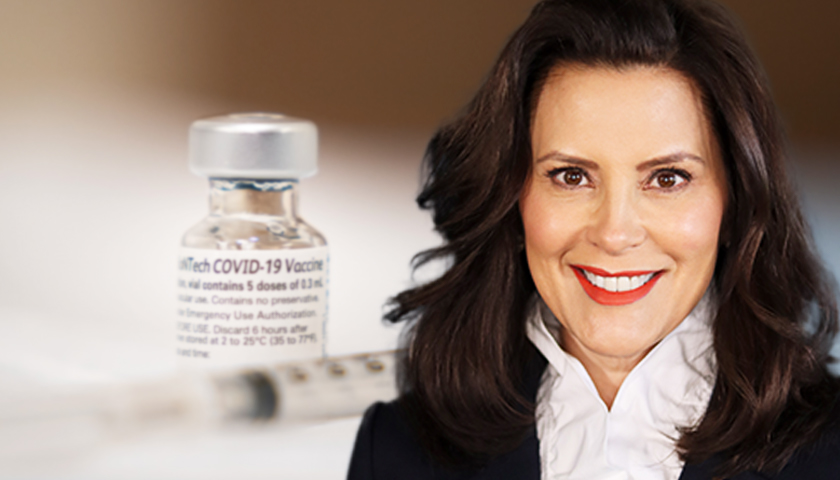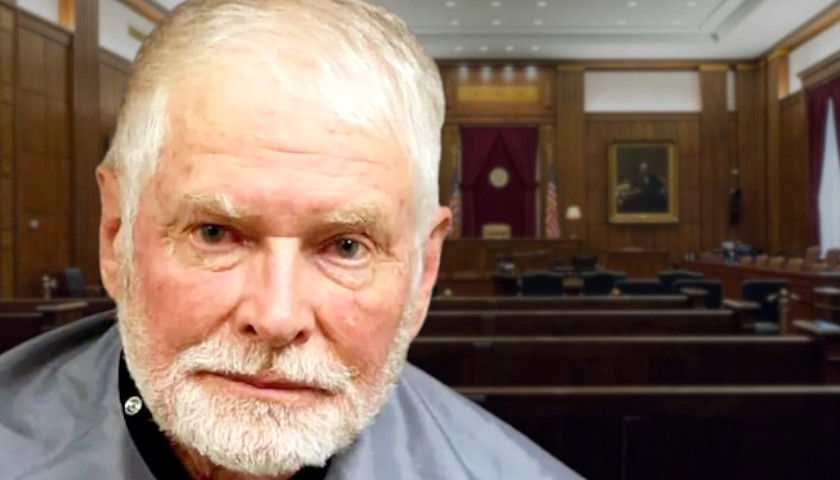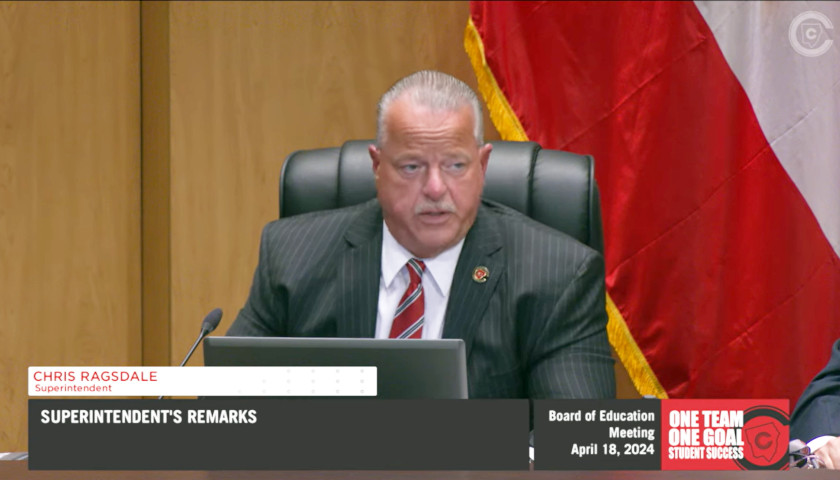by Scott McClallen
When Gov. Gretchen Whitmer budgeted $5 million of taxpayer money for the state’s vaccine lottery, she aimed to incentivize a nine percentage point rise in first COVID-19 injections.
It doesn’t seem to be working.
On July 7, the Senate Fiscal Agency (SFA) estimated the state wouldn’t break the 70% benchmark (630,300 more vaccines) until July 4, 2022 — missing President Joe Biden’s deadline by a year and the Aug. 3 deadline for the end of the lottery.
Any initial increase in the number of vaccinations since the lottery was announced is unclear. After this past July 4, vaccinations increased, with an average of 4,100 per day. If that rate continues, the estimated date to inject 592,300 additional vaccines will slide to December 5, 2021, the nonpartisan agency tweeted on July 13.
In the 10 days between the lottery announcement and July 11, Crain’s Detroit reported only 93,316 (counting first and second) COVID-19 doses were administered.
The total represents a 26.6% decline in vaccine injections from the 11 days pre-lottery, Crain’s notes.
Vaccinations have plummeted compared to just months ago.
A study published in the Journal of American Medical Association on Ohio’s lottery system suggests the Buckeye State’s program wasn’t effective.
“Further evidence supporting the effectiveness of lotteries as strategies for increasing vaccine uptake are needed prior to widespread and potentially costly adoption,” researchers wrote.
Nevertheless, that didn’t stop Ohio officials from touting the project’s supposed success. Ohio is even planning a second vaccine lottery.
On July 6, Whitmer said 1 million Michiganders signed up for the lottery, although most of those people had already received the first injection.
“The response by Michiganders to the MI Shot To Win Sweepstakes is outstanding,” Whitmer said in a statement. “It’s exciting to see so many people signing up for the sweepstakes as they are the best messengers who can encourage their family and friends to get their COVID-19 vaccinations and help answer any questions they have about the process.”
Why did a chance at “free” money possibly fail to boost vaccinations? While residents of third-world countries fight to pay for a COVID-19 vaccine, many vials in America go uninjected, even though it’s “free” and incentivized.
Cameron English, a co-host of the Science Facts and Fallacies Podcast and writer for the American Council on Science and Health, wrote many people distrust the government and the medical groups promoting the shots.
The vaccine producers also aren’t liable for the tiny fraction of people the COVID-19 vaccine affects negatively.
The same day the Centers for Disease Control and Prevention announced Americans shouldn’t need a third COVID-19 booster shot, Pfizer and BioNTech said they will seek Food and Drug Agency authorization for a third booster shot, likely reinforcing suspicions pharmaceutical companies care more about stock price and profit than safety.
Scare activists also might play a small role — the ones falsely claiming the vaccine contains a microchip to track Americans or that it changes DNA or is a bioweapon.
Vaccinated people are less likely to contract or die from COVID-19. New Mexico reports 98% of the people who died from COVID-19 from February to July were not vaccinated.
Michigan doesn’t have corresponding data, but Department of Health and Human Services spokeswoman Lynn Suftin encouraged people to get vaccinated.
“We continue to encourage all eligible Michiganders to get the safe and effective COVID-19 vaccine as soon as they are able,” Suftin told The Center Square in an email. “The vaccine is our best defense against the virus and our chance to end this pandemic. To find a vaccine, visit VaccineFinder.org.”
– – –
Scott McClallen is a staff writer covering Michigan and Minnesota for The Center Square. A graduate of Hillsdale College, his work has appeared on Forbes.com and FEE.org. Previously, he worked as a financial analyst at Pepsi.
Photo “Vaccine” by Chairman of the Joint Chiefs of Staff








